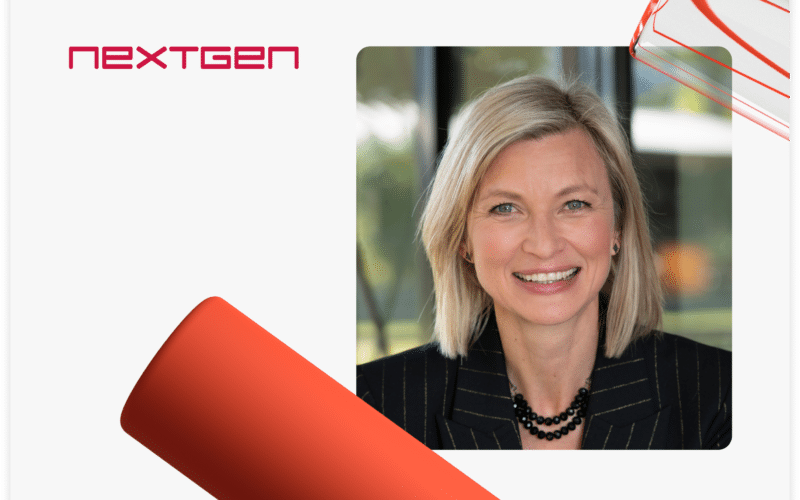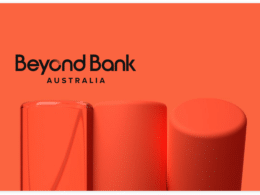Stuart Low is the founder and CEO of Biza.io, which provides CDR solutions for Data Holders in Banking, Energy, and Non-Bank Lending.
You’re a passionate, active contributor to the development of the Consumer Data Right in Australia. What drives this passion?
The desire to give consumers choice over their data.
My generation, the first to grow up with the internet, online chat (IRC, ICQ, AIM, anyone?) and social networks, has seen vast amounts of data flow without consumer control. The subsequent monetisation, more often than not for the profit of a small number of private interests, is a concept I think broader society has only just recently woken up to.
To me, the CDR represents a unique opportunity to place the power of choice back into consumer hands, and I can contribute on how to achieve that objective securely.
More than three years after the roll-out in banking started, where are things up to today regarding data access, quality and performance?
After three years, most holders are online, but quality varies due to performance compromises and technology constraints. Recipient solutions, too, have had to adapt to the new data ecosystem architecture, with the retrieval approach of screen scraping being incompatible with the CDR APIs. As more recipients join, particularly as holders enter the market, availability and data quality will improve, mirroring the UK’s experience.
Everybody is committed to improving the ecosystem as a whole, and Biza is excited to continue being a major contributor.
If there was anything you could change in the CDR by waving a magic wand, what would that be and why?
The most magical feat would be overhauling the consent protocol, allowing detailed metadata for arrangements and consents. Initially, expediency led to a brittle approach, but now the benefits of a redesign are substantial.
This overhaul would expand use cases, fostering innovation beyond government requirements. Without such changes, progress will be limited to mandates, stifling industry creativity.
Biza is taking the lead with DataRight+ to expedite protocol development ahead of government mandates, fueling a transformative shift in the capability of the CDR as a whole.
What’s the biggest opportunity in the CDR that businesses are not seeing at the moment? The ‘gem’ that’s being overlooked?
While financial services receive much attention, the broader energy sector offers potentially lower risk and greater consumer advantages. Viewing opportunities through an energy sector perspective, we find overlaps with banking.
Leveraging the two CDR datasets, for instance to optimise solar panel financing, is a promising use case. This could lead to improved margins, providing tangible cost benefits to consumers during a period of rapid living cost increases and greater awareness around climate change. This is demonstrative of the untapped potential for innovation and consumer benefits within the energy sector.
What are your thoughts on how Action Initiation can come to life?
I think action initiation starts with reimagining how the consent protocol works. What is often missed is that data sharing is an action, and in fact, we should be looking at Action Initiation as the opportunity for the next generation of consent protocol, enabling many different actions. This will require significant technical consideration, and that is what we are getting started on with DataRight+.
If we focus myopically on a single use case (i.e. payments) and avoid making the hard decisions now, the ecosystem won’t have a diversity of actions which are critical precursors to a vibrant national capability.
In Open Banking, most of the Data Holder solutions have been extended on top of existing infrastructure. What are the benefits of engaging a CDR specialist for your Data Holder solution?
Specialists like Biza deeply engage in the CDR Standards and Rules processes, aligning product objectives as a result. Customising existing solutions for CDR can be costly and result in misalignment of overall objectives as well as overall sustainability. CDR Rules and Standards are complex, with vendors often shifting the update responsibility to holders, resulting in continuous consulting fees just to stay compliant.
Engaging a specialist like Biza can lower stress, improve compliance and allow focus on the future opportunities of value creation rather than current compliance pain relief.
This interview is part of The State of Open Banking 2024, an industry report by Open Banking provider Frollo. The report provides a pulse check of the Australian Open Banking and Consumer Data Right industry, an overview of exciting new use cases and interviews with experts.









